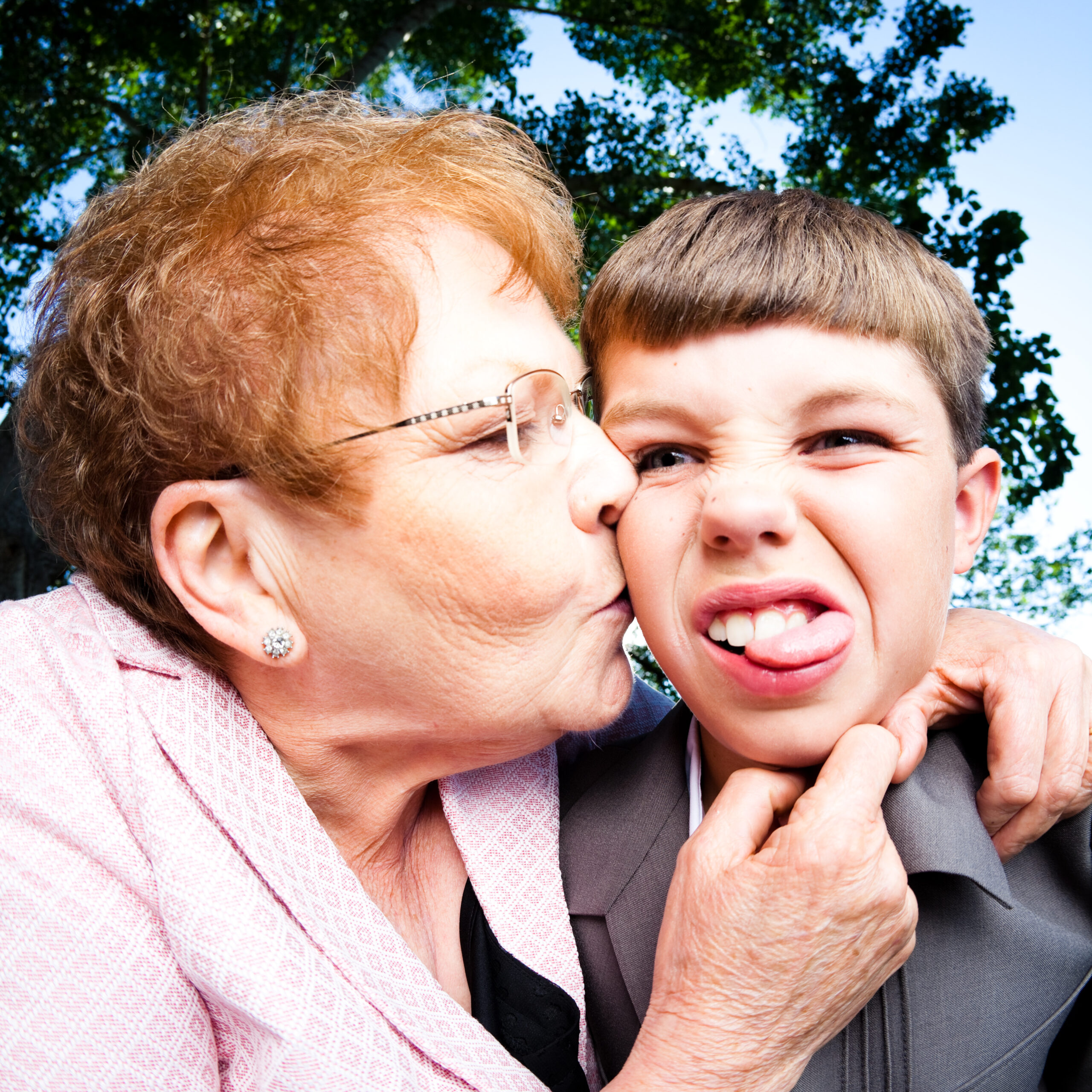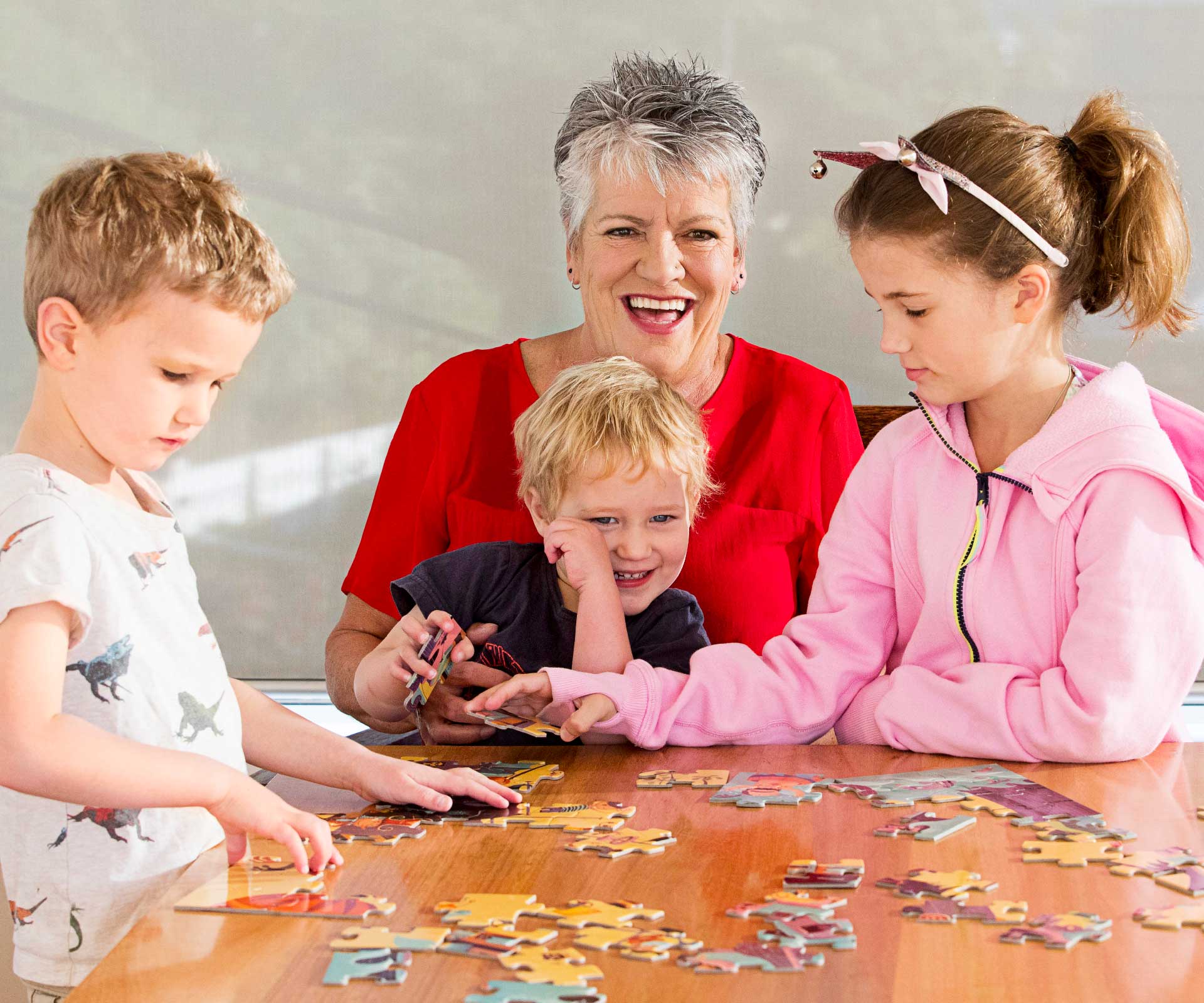Earlier this year Auckland mother-of-one Jodi Tempero set up a manners school, Mr and Mrs Manners. Here, kids learn to say ‘please’, ‘thank you’ and ‘excuse me’ – but they also learn about showing others kindness and respect. We catch up with Tempero to find out how classes are going:

Jodi Tempero, Mr and Mrs Manners
What inspired you to set up Mr and Mrs Manners?
It was my 13-year-old daughter. I noticed at a barbecue we attended that her manners had gone quite out the window. I had always said I was strict with manners but that made me realise I wasn’t…
When I thought about it I realised we weren’t sitting down having dinner as a family any more; we were often getting home late and then running around trying to get things sorted for the next day… so she was eating dinner by herself more often than not and she had no idea of what was expected.
In setting up the school, I thought there would be a lot of other parents out there in a similar situation.
There probably are – how do you think we got here?
I think we’ve become time-poor which makes it harder for us to do things like sit down and eat together as a family. And it’s not that manners extend just to the dining table – they extend to all areas of life – but we are not picking up on it because we are so involved in our own business.
As parents, we pick our battles and manners is one of the battles we’re not picking.
For me, having an only child I tend to end up doing everything for her – but I set myself up for disaster because she began to think everything should be done for her.
We set ourselves up for this and then we complain that they are like that – it’s our own fault.
What sorts of bad manners have become common?
The basics of ‘please’ and ‘thank you’ and ‘excuse me’ have been forgotten and instead we are barging our way through situations without showing any courtesy for others.
And there are the old-fashioned manners that we don’t see much of today, like the gentlemen were expected to open the door for ladies. Now, if they did that they might be accused of anti-feminism. It makes it hard in that respect. I think we need to be a little less feminist sometimes and instead just turn around and say thank you.
We’ve noticed that people ‘look right through each other’ a lot more too…
Isn’t it amazing that we’re in contact with so many people all day long yet we aren’t saying hello to the people we are passing?
If you’re not acknowledging others you’re not connecting with anyone, despite being in contact with a lot of people. There is just not that feeling of community any more: I used to go for runs (not so much any more!) and you would get everyone saying hi, good morning… now you’re lucky if you have one person say hello to you.
There are some etiquettes that we can be thankful are no longer in use – things like ‘children should be seen and not heard at the dinner table’.
What sorts of students are you attracting?
I am teaching children aged seven to 17 but predominantly we are getting families with sons aged seven to 12 years. Lots of boys. Maybe we believe our girls don’t need as much guidance?
Would it be useful to involve the parents in the classes?
So far I haven’t involved the parents, but I think it’s probably really important that I do because it really does stem from the parents.
We are our children’s role models. If we aren’t following through with our manners and etiquette then I don’t know how we can expect our children to.

Tell us about some of the things you’re teaching in your classes
We teach them how to behave in all sorts of different social situations from dining to meeting others for the first time, so that they’re able to represent themselves well.
It’s really teaching them to be considerate, respectful and kind – and giving them that confidence because if you have confidence it opens up more doors for you. You’re able to manage any social situation in life and form positive relationships with school teachers, friends, family and bosses.

What are your top tips for practicing good manners?
When you’re greeting somebody, look them in the eye and stand tall. Say hello clearly, and with a smile. Shake their hand.
Never bring your phone to the dinner table.
Always chew with your mouth closed.
Don’t lick your fingers.
If you ‘talk with your hands’, keep them in check at the dinner table. Being expressive while holding cutlery can make your dining partners nervous.
Sit up straight. Slouching implies a lack of confidence and poise, and you want others to believe you have both.
Always RSVP to an invitation whether you can attend or not.
Listen more, talk less.
There are certain questions you should never ask if you’re not sure, like: ‘Are you pregnant?’
There are certain truths that need never be told, like: “I don’t like what you’ve cooked.”
What is your background?
I have studied and worked in hospitality management; I’ve also been a PA working alongside people in business and I’ve worked in office managerial positions and I’ve done retail. So I feel like I’ve been in all sorts of areas and seen how people interact in different ways.
Manners is not just sitting at the table, it’s in everything we do. We are all here together in this world so we need to look after each other, rather than thinking that it’s all about us.
My mother used to say, ‘Treat others as you would have them treat you’.
It’s even more than that, when you think about all of the different cultures there are in our communities. Think about how the other person would like to be treated in terms of their culture and be respectful of the way someone else may do things.


